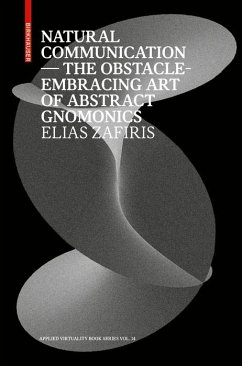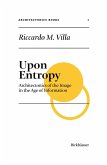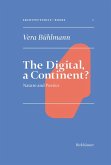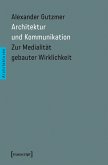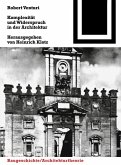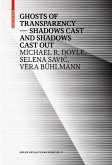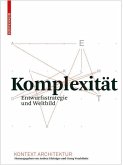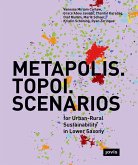In
Natural Communication, the author criticizes the current paradigm of specific goal orientation in the complexity sciences and proposes an alternative that envisions a fundamental architectonics of communication. His model of "natural communication" encapsulates modern theoretical concepts from mathematics and physics, in particular category theory and quantum theory. From these fields it abstracts precise concepts such as to constitute a terminological basis for this theory which offers the opportunity to open up novel ways of thinking about complexity. The author is convinced that it is only possible to establish a continuity and coherence with contemporary thinking, especially with respect to complexity, through looking into the past.
Dieser Download kann aus rechtlichen Gründen nur mit Rechnungsadresse in A, B, BG, CY, CZ, D, DK, EW, E, FIN, F, GR, HR, H, IRL, I, LT, L, LR, M, NL, PL, P, R, S, SLO, SK ausgeliefert werden.

